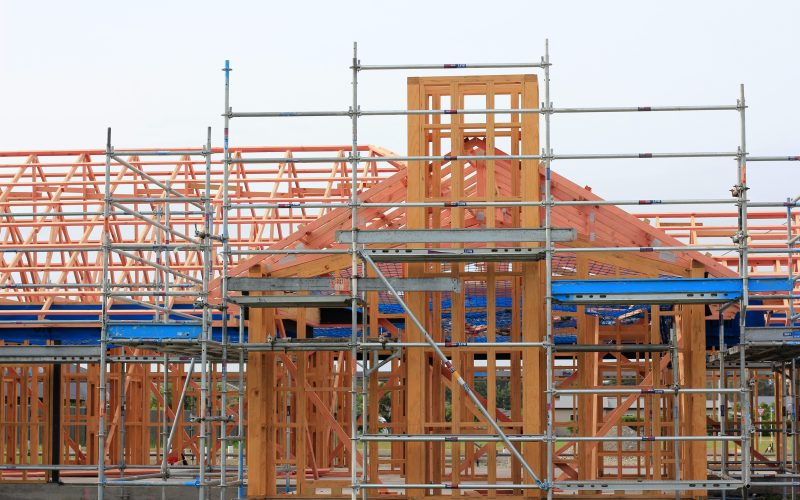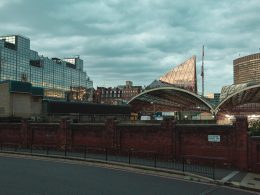There is nothing more gratifying than seeing the house of your dreams become a reality. While pre-built houses are easier to move into and usually more affordable, self-built houses offer the opportunity to construct your ideal home.
But when is the right time to build your own house? Is it better to get on the DIY wagon while you’re still in the prime of your life or wait until you’ve acquired more savings and time as a retiree?
Today, we will explore the requirements of a house building project and whether or not this is impacted by different stages of life.
Consider how long it will take
Building a home from scratch is very different from buying a property. While the latter can be done at any given point as long as you have the resources available or are eligible for finance schemes, building your own home is trickier.
One major factor you need to consider is time – do you have a lot of time on your hands or not? The average time it takes to build a pre-designed house is about four to six months while custom designs average at 10 to 16 months to complete. The timescale also depends on the size of the house. Single-storey homes take between four and seven months, and multi-storey builds average at 8 to 12 months.
Of course, there are a lot of teams involved in the construction process, from planners to builders. Nevertheless, you need to be able to oversee the process, and that requires time. If you’re working full-time, it might be quite stressful taking on such a massive project. As a retiree, however, it’s likely that you will have more time available.
What resources will you need?
There are quite a few costs involved in the process of building your own home, including land, labour, and materials. It’s important to monitor your budget during the process as costs can quickly spiral out of control.
There is no uniform price for building a home, and it will vary significantly based on size, location, floorplan, storeys, and your personal involvement. Generally, building your own home is expensive, but it’s worth it when you get to live in the house of your dreams.
As a retiree, it’s possible that you’ve acquired savings throughout your working life, which you can now invest in your own property. But if you don’t have the available funds, regardless of your age, there are certain finance schemes that can help you out.
The most popular amongst them is the self-build mortgage. This differs from traditional mortgages in that the funds are released in stages, and the loan value may vary. It’s best to check with your bank or a specialist provider to see what options are available.
Building sustainable homes
The UK is riding the sustainability wagon with full force, and that’s evident in the latest changes to construction requirements for new builds.
In January 2021 the UK government published a response to the “Future Homes Standard” consultations which proposes changes to parts L and F of the Building Regulations. According to the amendments, all newly built homes need to have low carbon heating and be zero-carbon ready by 2025.
This will be achieved through changes to energy and ventilation standards in new and existing homes. It’s expected that the new standards will result in a 75% to 80% reduction of carbon emissions as opposed to the current standards.
Another major change that’s about to take place is the installation of EV chargers in homes. The UK government has announced that all new homes and businesses in the UK will have electric vehicle chargers installed as of 2022. The EV charger installation law is in line with the Road to Zero strategy which includes a two-step plan to phase out petrol and diesel cars by 2030.
So, when building your new home, take this into consideration. It might also be worth it to think about buying an electric car before 2030 to meet the Road to Zero requirements.
Building your own house is a challenging yet extremely exciting milestone. As it requires a lot of time and resources, it’s important to consider when the best time is to take on such a project to ensure its success. If you decide to attempt your home build project in retirement, you might afford the advantage of having more free time and savings. However, there are schemes like self-build mortgages to help younger buyers too.
And don’t forget to consider the building sustainable homes regulations to meet the current requirements and help the planet.
Sources
https://www.money.co.uk/guides/how-to-build-your-own-house.htm
https://techcrunch.com/2021/11/22/uk-will-require-new-homes-to-have-ev-chargers-starting-in-2022/









